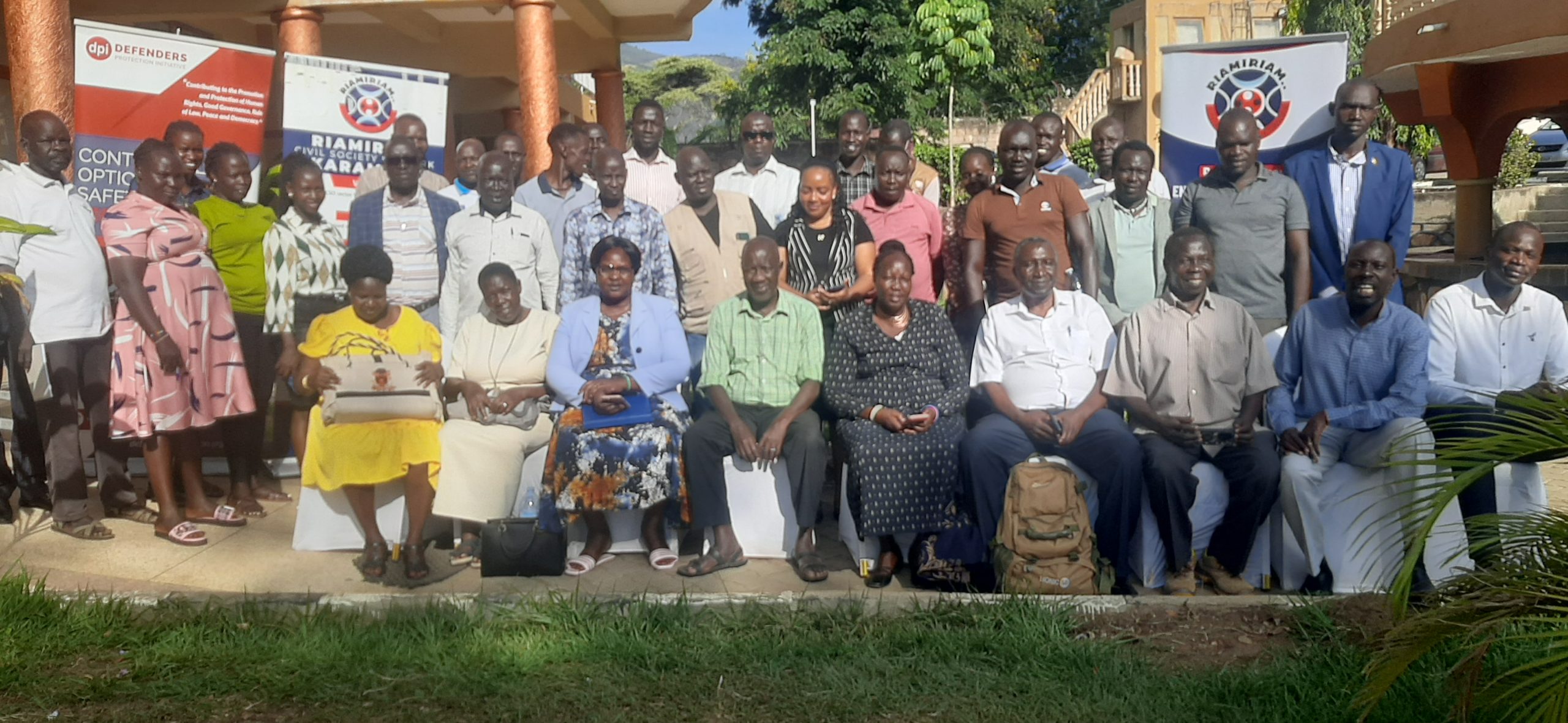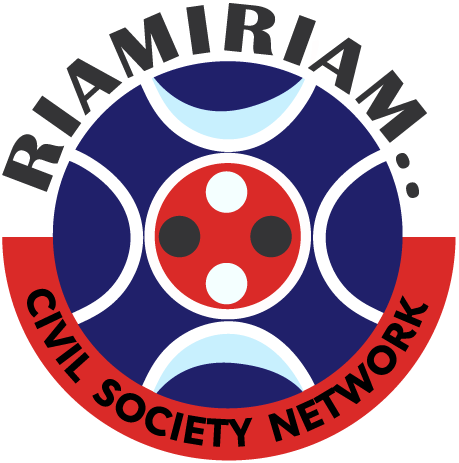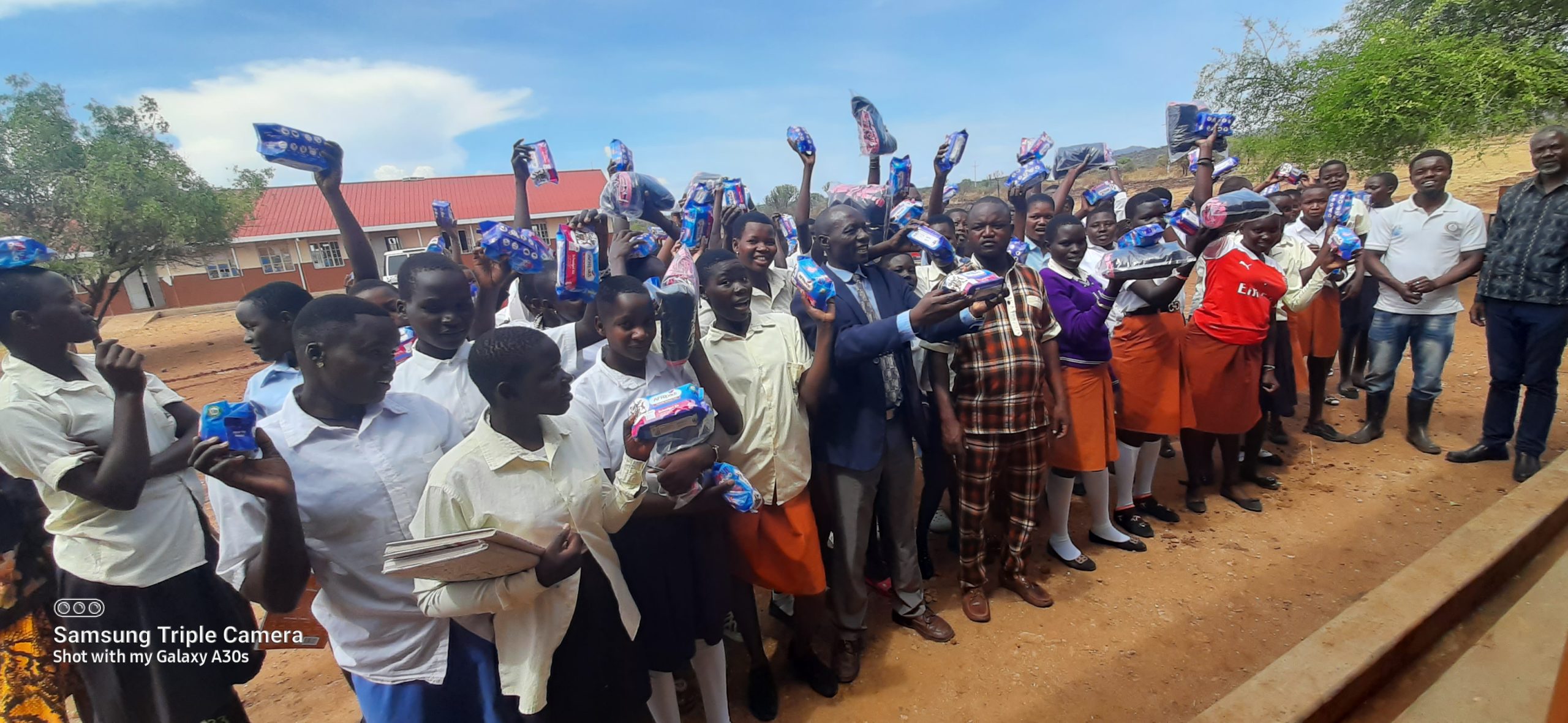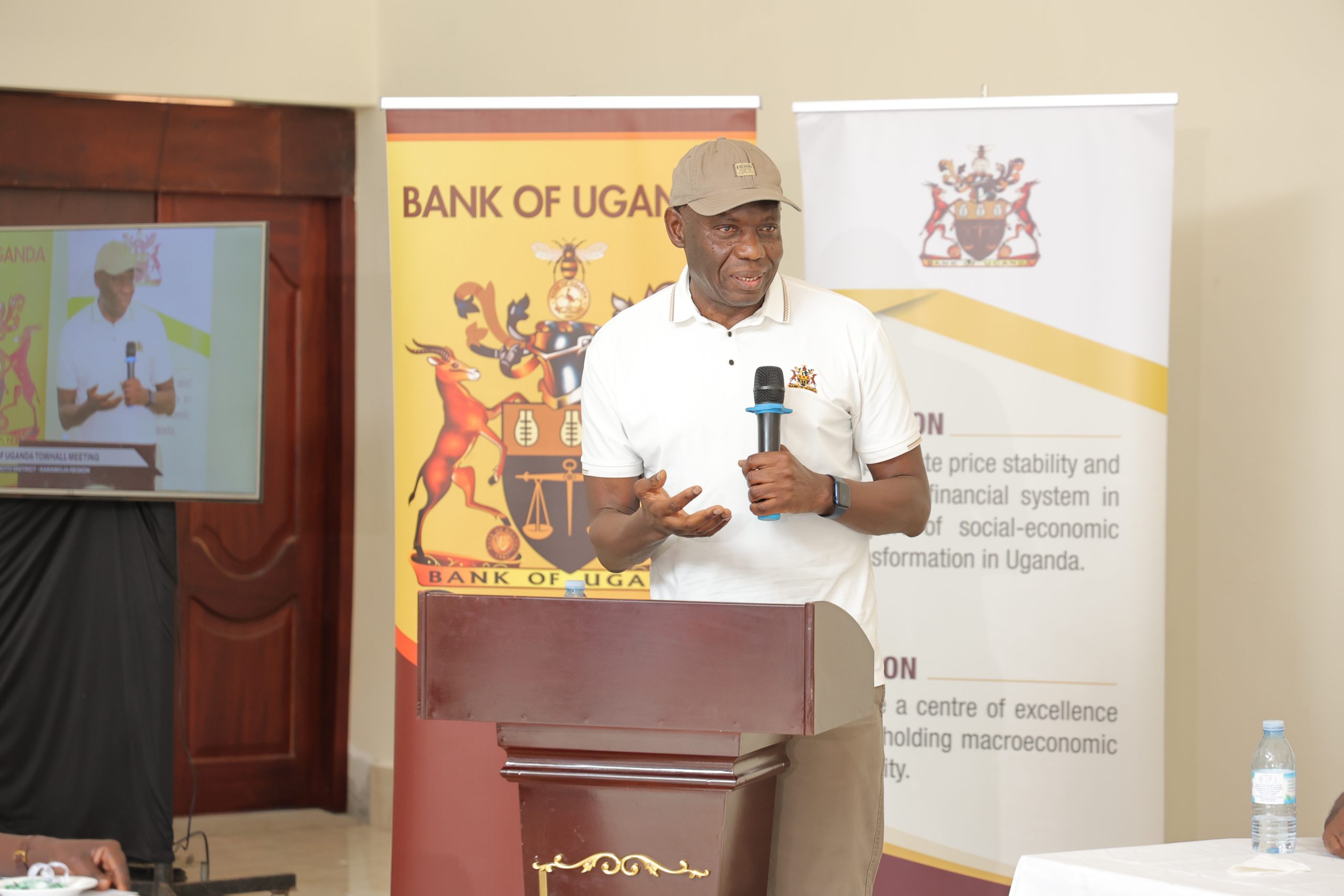
Karamoja CSOs Trained in Compliance, Governance, and Risk Management
Civil Society Organizations (CSOs) in Uganda play a vital role in enhancing the welfare of the population, particularly in areas such as human rights, education, health, poverty alleviation, and environmental conservation. However, many of these organizations face challenges in navigating the complex Ugandan regulatory environment, resulting in compliance issues.
To address this challenge, Riamiriam Civil Society Network-Karamoja, with funding from the Royal Danish Embassy in Kampala, is conducting a training for CSOs in Karamoja on compliance, legal and regulatory frameworks, donor compliance, risk management, and governance.
The primary objective of the training is to enhance the capacity of CSOs in Karamoja to address compliance issues, thereby improving service delivery.
“The training aims to equip CSOs in Karamoja with the knowledge and skills necessary to navigate the complex Ugandan regulatory environment and ensure compliance,” said Richard Omoding, Executive Director of Riamiriam Civil Society Network-Karamoja.
Mr. Omoding explained that the specific objectives include familiarizing CSOs with the legal and regulatory compliance requirements governing their operations in Uganda, equipping CSOs with tools to establish robust internal controls and governance frameworks that ensure compliance, and enabling CSOs to mitigate risks and avoid penalties or reputational damage due to non-compliance.
The training covers key areas, including risk management, internal controls, governance, monitoring, evaluation, and reporting systems, as well as case studies and best practices.
The Program Manager, Riamiriam Civil Society Network-Karamoja, Dorcus Angom implored CSOs who are not yet registered with the network to expedite it, saying it helps in improving networking, partnerships, funding, and training opportunities as well as simplifying compliance with the regulatory requirements.
The training is being conducted in two phases; Phase 1 covers the eastern part of South Karamoja, which includes the Districts of Moroto, Napak, Nakapiripirit, Amudat, and Nabilatuk. Phase 2 covers the northern part of Karamoja, including the districts of Kotido, Kaabong, Abim, and Karenga.
Officials from the Uganda Revenue Authority (URA), Uganda Registration Services Bureau (URSB), Defenders Protection Initiative (DPI), and HAKI Defenders Foundation are facilitating the training.
“Compliance is crucial for CSOs to maintain transparency, accountability, and responsible use of resources,” said Lawrence Opus from Uganda Revenue Authority, Moroto Regional Office.
Voices From the CSOs
Amina Lakori from the Karamoja Anti-Corruption Coalition noted, “This training has been enlightening, and I am confident that it will help our organization improve its compliance and overall effectiveness.”
Daniel Owalim, the Executive Director, Ateker Development Organization (ATEDO),said the training will enable ATEDO to reflect on compliance.
This training has enabled us to open our minds to what level we are in and how to fix our levels as far as compliance is concerned. We shall also be able to network with like-minded organizations and donor agencies. This training will also facilitate our internal learning because we have learned a lot today,” Owalim said.
By strengthening their compliance and regulatory frameworks, CSOs in Karamoja can enhance their credibility, access funding, and improve the quality of services delivered to communities. Effective compliance is essential for maintaining transparency, accountability, and responsible use of resources.



